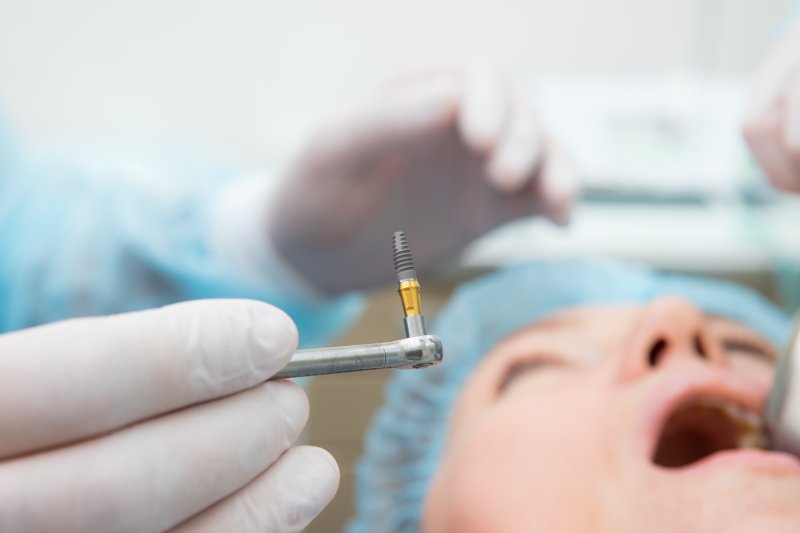
Dental implant surgery is an invasive procedure that requires optimal precision and attention to detail. Having a skilled and experienced dental professional administer the placement and restoration of these prosthetics is essential to ensure successful osseointegration and long-lasting smiles. But it’s not just the dentist who is responsible for making sure dental implants remain firmly in place. The patient is also required to adhere to certain guidelines during recovery if their new teeth are to thrive. Keep reading to find out what you should avoid if you want your dental implants to heal properly.
Optimizing Your Recovery: What You Should Avoid
After your dental implant surgery, you want to make sure that you do not experience any complications; after all, these prosthetics require a timely and costly investment. Getting the most out of your new smile requires adhering to the guidelines and instructions set forth by your dentist.
To ensure your implants heal properly and osseointegration occurs successfully, you’ll need to avoid the following:
Smoking or Using Tobacco Products
It’s recommended that you kick this habit long before you discuss the idea of having dental implants replace your missing teeth. However, if you choose not to, you will need to avoid smoking or using any form of tobacco for at least 10 days. The reason is that the contents of cigarettes, cigars, and even e-cigarettes weaken the immune system, making it harder for your mouth to heal. You can experience dental implant failure if you’re not careful.
Consuming Certain Foods
Anything hot, spicy, or acidic should be avoided in the days following your procedure. The reason is that extreme temperatures and spicy ingredients can irritate the surgical sites, causing a slowdown in the healing process. You’ll need to chew any food you eat on the other side of your mouth and stick to softer options, such as mashed potatoes, yogurt, oatmeal, lukewarm soup, etc. You can incorporate denser foods once your mouth has had time to heal properly.
Using a Straw
Although it might seem harmless to use a straw while drinking a beverage, the suction that is required can lead to a dry socket. The surgical sites need a blood clot to form, as it promotes healthy repairing of the tissues and implant. However, if the clot dislodges, it can cause much pain and make the socket vulnerable to bacteria and debris. It’s best to not use a straw and stay away from any carbonated beverages during the recovery phase of treatment.
Additional things you’ll want to avoid after dental implant surgery include strenuous exercise for 1-2 weeks, brushing your surgical sites in the days after your procedure, spitting, and consuming alcohol.
It might seem as if you are limited following the placement of your new teeth. However, once you are fully healed and ready to receive your custom restoration, you’ll find your time spent ensuring a proper recovery is well worth it.
About the Author
With decades of experience in the field of dentistry, Dr. Xhelo Shuaipaj has been providing modern dental care to the residents of Downers Grove and Lemont for more than 25 years. Offering a multitude of services, he is pleased to offer dental implants to those suffering from tooth loss. Holding a Fellowship in The International Congress of Oral Implantologists (ICOI), he has taught others how to place and restore these prosthetics and willfully performs the procedure in-house to ensure greater convenience for patients.
If you would like to discuss the potential for dental implants, contact us via our website or by calling (630) 912-7171 to learn more about how we can help.
